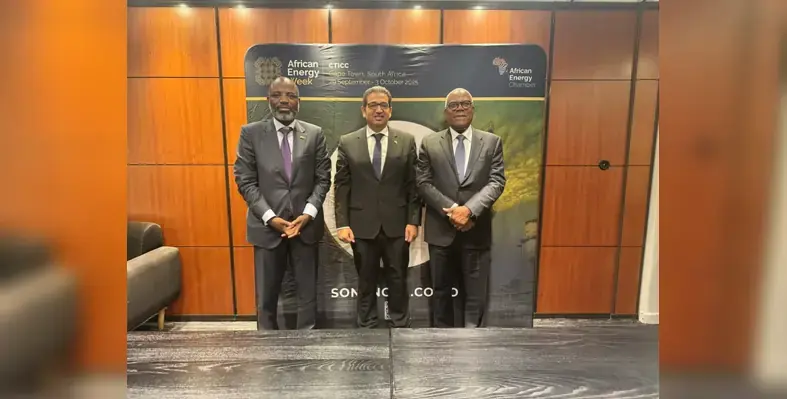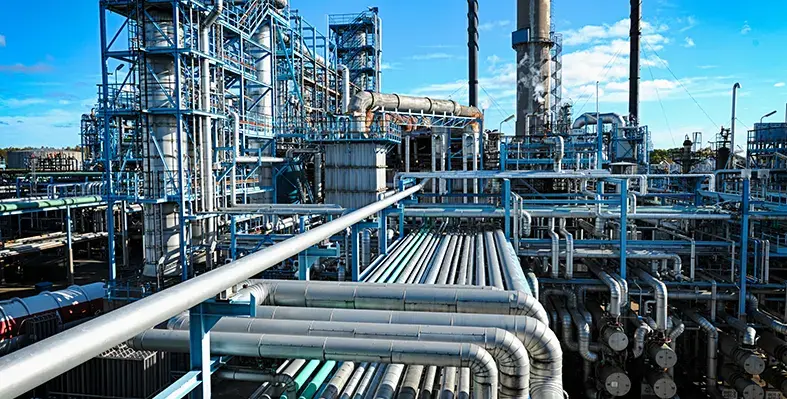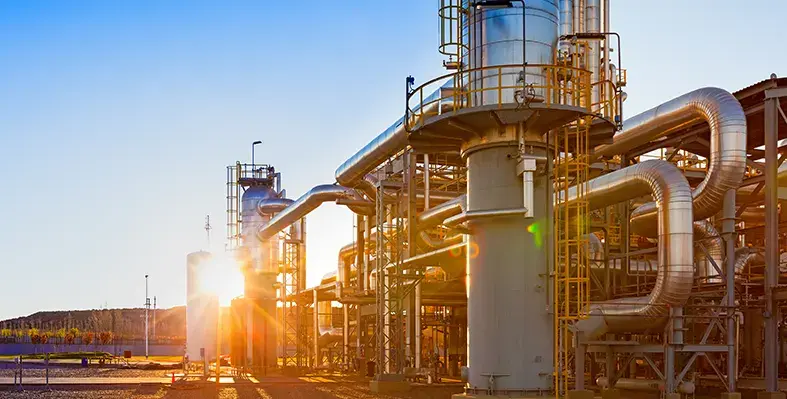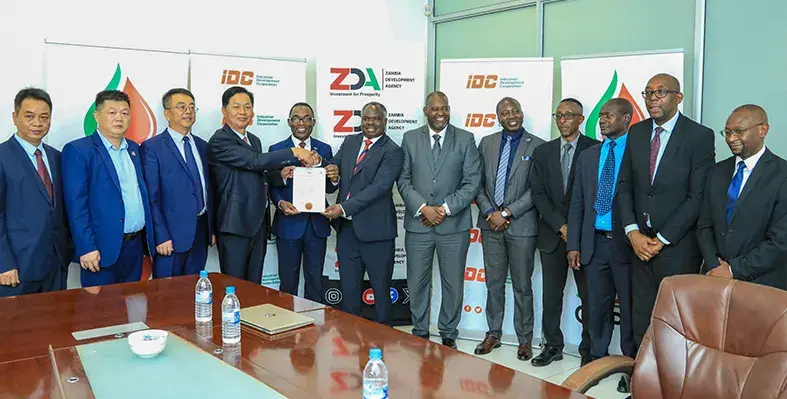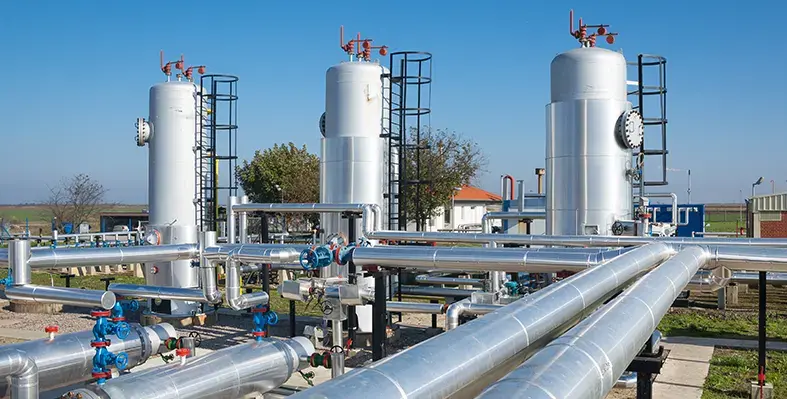Angola’s national oil company, Sonangol's projected operating and capital expenditure will be covered by a US$1.75bn syndicated receivables purchase facility that has been announced by African Export-Import Bank (Afreximbank)
Brought into effect in collaboration with other mandated lead arrangers, the US$1.75bn facility has been designed with Sonangol's export-linked trade structures in mind. The move aligns with Afreximbank’s push for Africa’s prominence in global trade by promoting demand-intensive commodities for export. This strategic financing will support Sonangol in unlocking better access into the export market, which can prove to be a goldmine for the region given global oil supply volatilities.
Elaborating on the strategic financing, Afreximbank's Global Trade Bank executive vice president, Haytham Elmaayergi, said, “The transaction will help Sonangol meet its operating and capital needs, sustain export flows, increase energy availability, and support Angola’s broader industrialisation and economic transformation, while directly contributing to increased African participation in global trade.”
Afreximbank is taking an innovative approach in turning oil price volatility in favour of Africa by implementing de-risked structures. This eases security arrangements while securing returns for lenders.
Afreximbank has framed the US$1.75bn facility in a catalytic and balance-sheet-led manner to ensure sustainable support to Angola's oil and gas sector. This will encourage Angolan operators to take up more exploration projects in the region, in turn boosting value creation and export strength.
Acknowleding the facility as a strategic move in championing African business globally, Elmaayergi said, “This US$1.75 billion syndicated receivables facility underscores Afreximbank’s commitment to supporting African energy champions and safeguarding export capacity that is critical to our member states’ macroeconomic sovereignty and trade resilience. By deploying innovative structures that provide comfort to lenders while easing traditional security requirements, we are able to crowd source much needed capital into strategic sectors.”






